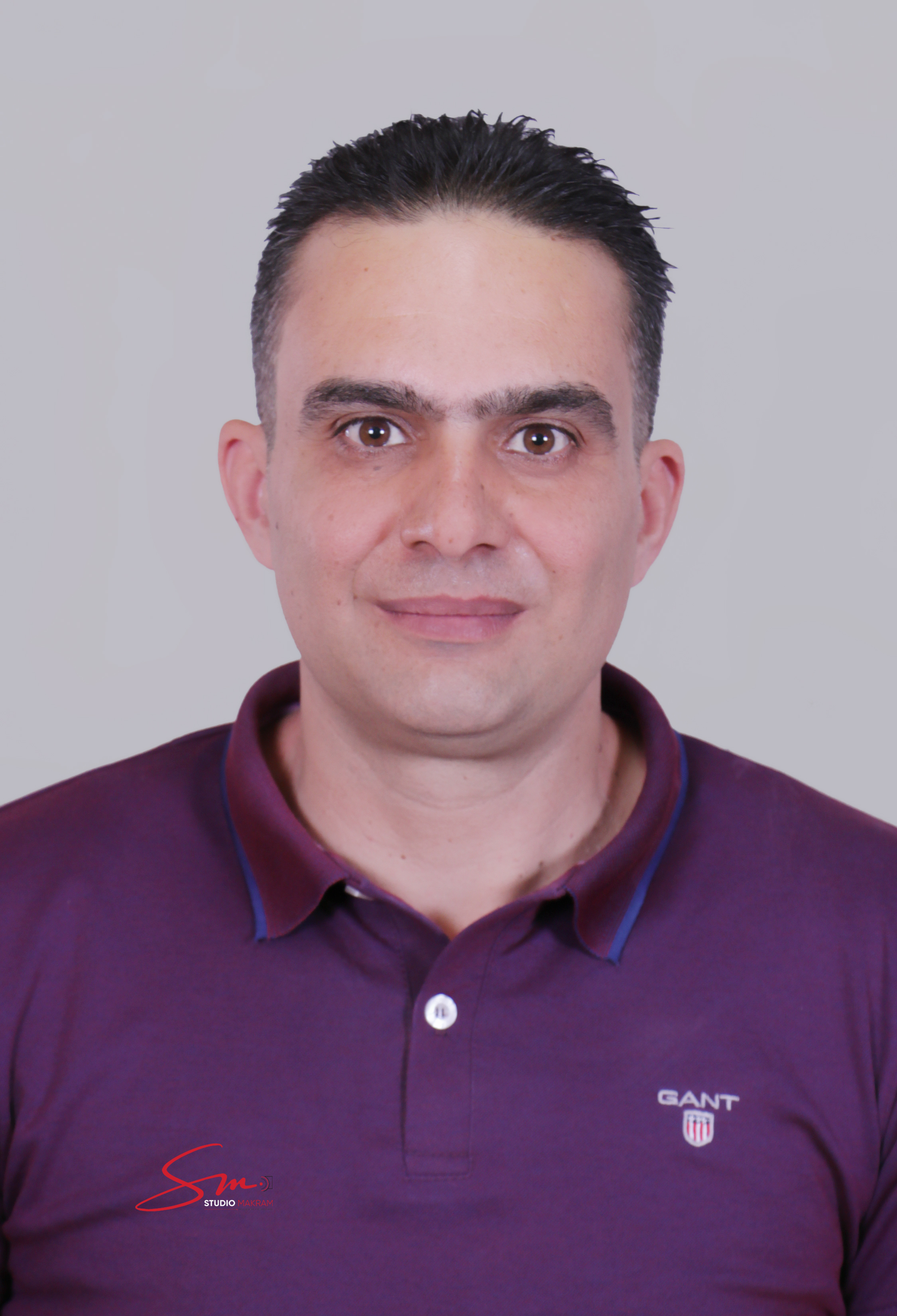Profile Yousri Kessentini
First Name
Yousri
Last Name
Kessentini
Address
Technopole of Sfax, PO Box 275, Sakiet Ezzit, 3021 Sfax - Tunisia
Zip code
3038
Biography
Yousri KESSENTINI is Associate Professor at the Digital Research Center of Sfax (CRNS) and the head of the DeepVision research team. He received his Ph.D. degree in the field of pattern recognition from the University of Rouen, France in 2009. He was postdoctoral researcher at ITESOFT company and LITIS laboratory from 2011 to 2013. He is certified as an official instructor and ambassador from the NVIDIA Deep Learning Institute. His main research areas concern deep learning, document processing and recognition, data fusion, and computer vision. He has participated in several research projects and technology transfer projects. He has published more than 60 papers in international conferences and journals. He is also a reviewer for several international conferences and journals in the field of pattern recognition and computer vision.
Scientific publications
| Title | Cited by | Year |
|---|---|---|
Out of vocabulary word detection and recovery in Arabic handwritten text recognitionSK Jemni, Y Kessentini, S KanounPattern Recognition 93, 507-520, 2019 |
26 | 2019 |
DL4DED: Deep learning for depressive episode detection on mobile devicesA Mdhaffar, F Cherif, Y Kessentini, M Maalej, JB Thabet, M Maalej, ...International Conference on Smart Homes and Health Telematics, 109-121, 2019 |
15 | 2019 |
Improving person re-identification by combining Siamese convolutional neural network and re-ranking processN Mansouri, S Ammar, Y Kessentini2019 16th IEEE International Conference on Advanced Video and Signal Based …, 2019 |
6 | 2019 |
Improving person re-identification by background subtraction using two-stream convolutional networksM Ghorbel, S Ammar, Y Kessentini, M JmaielInternational Conference on Image Analysis and Recognition, 345-356, 2019 |
6 | 2019 |
Hybrid HMM/DNN system for Arabic handwriting keyword spottingA Cheikh Rouhou, Y Kessentini, S KanounInternational Conference on Image Analysis and Recognition, 216-227, 2019 |
4 | 2019 |

